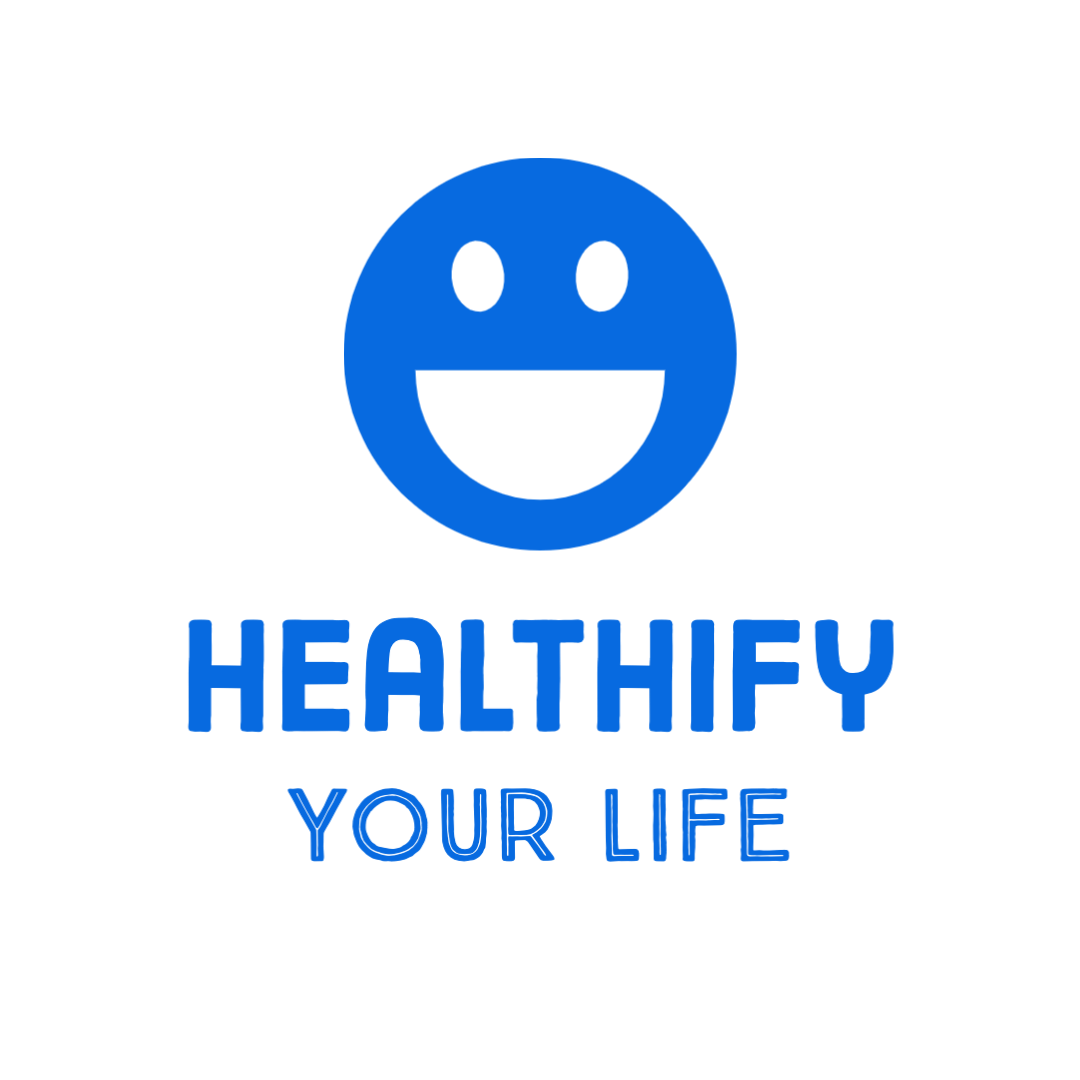Have you been feeling like your mental health is a bit off lately, but aren’t sure where to start? You’re not alone. According to the World Health Organization, depression is one of the leading causes of disability globally. Fortunately, there are steps you can take to improve your mood and mental well-being, and it all starts with consulting with your doctor to get tested for any deficiencies.
Continue your journey by incorporating essential nutrients into your diet or through supplements. Keep in mind that just because you are not deficient, it doesn’t necessarily mean that you have optimal levels, as everyone is different. Here are six of the most important nutrients to consider for helping you stay positive, calm and productive every day. You may click the links below for more in depth articles on each nutrient.
- Vitamin D – An absolutely crucial vitamin, yet so often overlooked. Up to 50% of people have insufficient levels around the world.
- Magnesium – The essential mineral that many people are also deficient in that helps us to keep calm and positive every day.
- Omega 3 Fatty Acids – Essential fats for brain health, they also help keep you positive, stable and calm.
- B Vitamins – The essential vitamins that play a huge role in mental fitness, depression and anxiety.
- Zinc – the essential mineral proven to have positive effects on mood that also supports neuroplasticity and protects brain cells.
- Iron – this mineral is essential for mental health, as deficiencies have been linked to mood disorders such as depression. However you do not need to supplement if you have normal levels. Good sources of iron include red meat, poultry, legumes and leafy green vegetables.
Achieving good mental health is essential for leading a positive, calm, and productive life. While prescription drugs and antidepressants are options, it’s important to first consider getting a blood test from your doctor to check for any deficiencies. Its also worth noting that Omega 3 isn’t normally tested for so if you want to know you can ask for the Omega-3 Index test. Combining these nutrients may create a synergistic effect, resulting in greater than additive effects.
These six essential nutrients may form a solid foundation for good mental health, but they aren’t a substitute for proper medical care.
It may also be a good idea to examine your diet. Keep in mind that while certain foods may be touted as “rich sources” of one nutrient or another, sometimes they only provide low amounts. In fact, due to modern agricultural practices, many foods may have lower levels of nutrients than they did in the past. Going organic can help with this, but organic foods are often prohibitively expensive. In that case, it may be more cost effective to incorporate supplements into your diet.
Try checking websites like My Food Data or SELF Nutrition Data for free food nutrients composition and calculators!
Click here for a more in depth article on Essential Nutrients for Mental Health.





